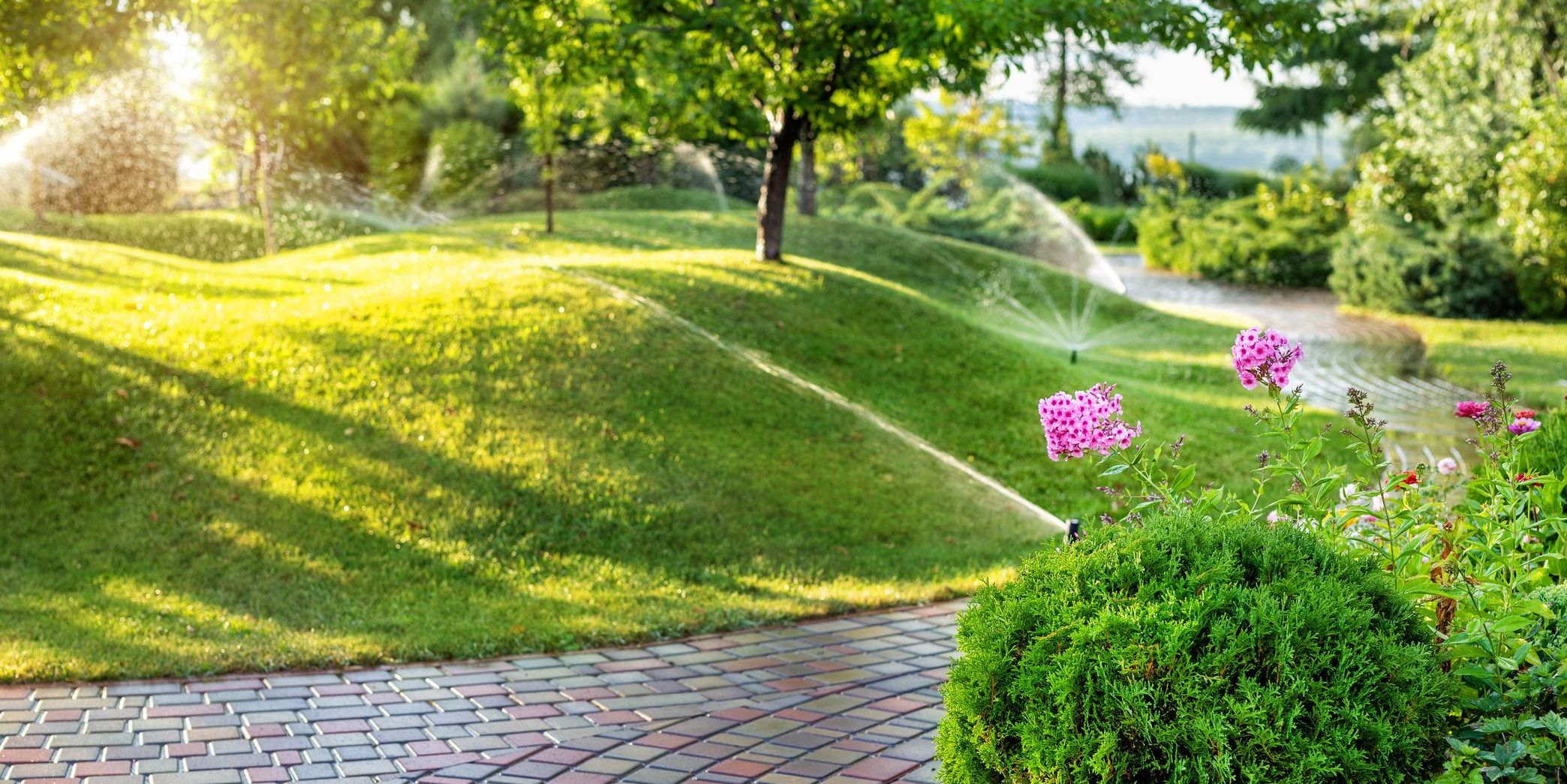What is an Irrigation Specialist?
An irrigation specialist designs, plans, and manages watering systems that help landscapes, gardens, farms, and green spaces stay healthy and efficient. They focus on using the right amount of water at the right time, ensuring plants thrive while conserving resources. By combining knowledge of soil, climate, and water systems, they help create sustainable and cost-effective irrigation solutions.
These specialists often work on larger projects such as parks, golf courses, farms, and commercial landscapes. Their role goes beyond installation. They analyze water use, adjust system settings, and make improvements to increase efficiency and support environmental sustainability.
What does an Irrigation Specialist do?

Duties and Responsibilities
The duties and responsibilities of an irrigation specialist can vary depending on the type of project, industry, and employer. However, here are some common tasks that irrigation specialists are typically responsible for:
- System Design and Planning: Design irrigation layouts for landscapes, farms, golf courses, or commercial properties. Determine water flow, coverage, and equipment placement to ensure efficient and effective watering.
- Water Management and Optimization: Monitor and analyze existing irrigation systems to improve performance, reduce water waste, and lower operating costs. Adjust schedules and system settings to meet plant or crop requirements.
- Project Oversight: Supervise and coordinate installation or maintenance work carried out by irrigation technicians or contractors. Ensure projects stay on schedule, meet design specifications, and comply with safety and environmental regulations.
- Equipment Selection and Maintenance: Recommend and select pumps, controllers, sprinklers, drip lines, and other irrigation components. Evaluate system performance and make upgrades or repairs as needed.
- Consulting and Reporting: Advise clients, property owners, or stakeholders on irrigation best practices, water conservation, and system improvements. Prepare reports on water use, system efficiency, and project outcomes.
- Regulatory Compliance and Sustainability: Ensure irrigation systems follow local regulations, water-use restrictions, and environmental standards. Promote sustainable practices and efficient water use across projects.
Different Types of Irrigation Specialists
Within the irrigation field, there are several types of specialists, each focusing on different systems and environments:
- Landscape Irrigation Specialist: Designs and manages watering systems for residential, commercial, and public landscapes, focusing on efficient water use and healthy plant growth.
- Agricultural Irrigation Specialist: Plans and oversees irrigation systems for farms, orchards, and vineyards to ensure crops receive the right amount of water for strong yields and sustainability.
- Golf Course Irrigation Specialist: Manages large, complex irrigation systems that keep golf courses healthy and green while balancing water efficiency and turf quality.
- Irrigation Design Specialist: Creates detailed system layouts and blueprints, calculating water flow, coverage, and equipment placement while working with engineers and landscape designers.
- Water Management Specialist: Audits and optimizes existing systems to improve performance, reduce water waste, and lower operating costs for large properties or municipalities.
- Drip Irrigation Specialist: Develops and maintains drip or micro-irrigation systems that deliver water directly to plant roots, helping save water and promote steady plant growth.
Irrigation specialists have distinct personalities. Think you might match up? Take the free career test to find out if irrigation specialist is one of your top career matches. Take the free test now Learn more about the career test
What is the workplace of an Irrigation Specialist like?
Irrigation specialists typically work outdoors and in office environments, depending on the project stage. They may spend time in the field evaluating landscapes, measuring soil conditions, and testing irrigation systems. When designing or analyzing systems, they often work in offices using specialized software to create layouts and calculate water requirements.
Their work can vary with the seasons. During the warmer months, they may be busiest inspecting systems, conducting water audits, or troubleshooting performance issues. In cooler months, they might focus more on system design, maintenance planning, or professional development.
Many specialists work for landscaping companies, agricultural operations, government agencies, or environmental consulting firms. Others are self-employed, offering design and water management services to a range of clients, from homeowners to large-scale property developers.
Frequently Asked Questions
Irrigation Technician vs Irrigation Specialist
Irrigation Technician
An irrigation technician is typically a hands-on field worker responsible for installing, maintaining, and repairing irrigation systems. They work directly with equipment, digging trenches, laying pipes, connecting sprinkler heads, setting up timers, and troubleshooting leaks or electrical issues. They often follow plans created by specialists or designers, making sure systems operate efficiently and meet local codes. Technicians may work for landscaping companies, golf courses, municipalities, or agricultural operations.
Irrigation Specialist
An irrigation specialist is generally more experienced and often focuses on design, planning, and optimization rather than just installation. They might analyze soil, plant needs, and water use to design efficient systems, create irrigation schedules, and use smart controllers or sensors to improve water efficiency. In larger organizations, they may supervise technicians, train crews, manage budgets, or consult on complex projects such as sports fields or agricultural systems. Some specialists are certified through professional bodies like the Irrigation Association (IA).
If you’re considering a career in this field, technician roles are a great entry point. With more training, certification, and experience, you can move into a specialist or designer position.